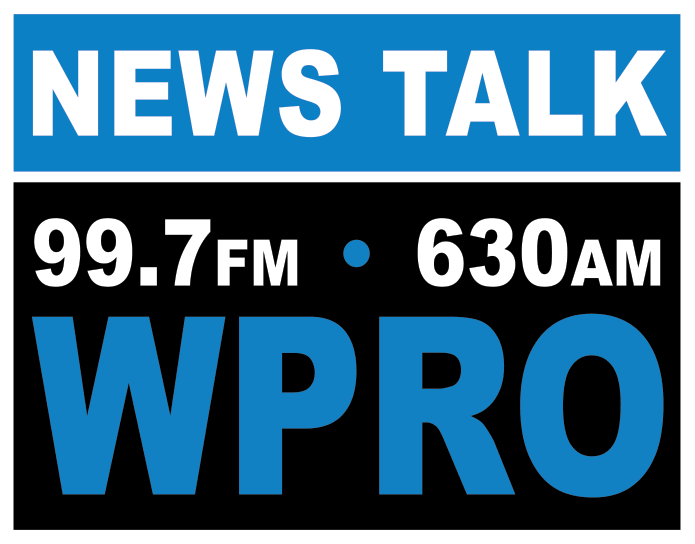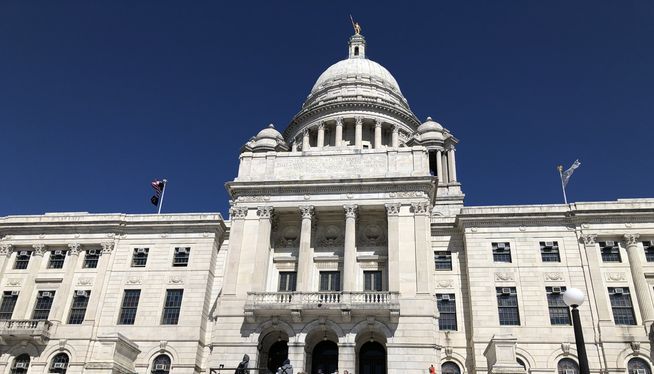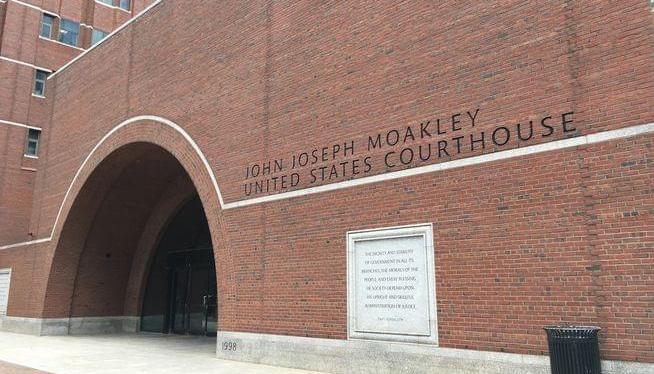
The Associated Press
Providence released a lengthy historical report on racism on Monday as part of the Rhode Island capital city’s efforts to provide reparations to Black and Native American residents.
The 194-page “ A Matter of Truth ” report details more than four centuries of cultural, political, and economic harm against people of color by the city, the state and their institutions, from the 1600s to present.
Democratic Mayor Jorge Elorza said the city will next hire a consultant to help facilitate community discussion and gather feedback as it weighs what its reparations program should look like.
Elorza said he’s keeping an open mind, but is also realistic about what the city can accomplish on its own.
“The kind of resources that it would take to right the wrongs of the past are astronomical, something that no city can afford. It would have to come from the federal government,” he said. “But the fact that there are limitations doesn’t mean that you can’t try and move the ball forward.”
The report comes a week after the Chicago suburb of Evanston, using tax revenue from recreational marijuana sales, became the first U.S. city to make reparations available to Black residents.
Hundreds of communities and organizations across the country are also seeking to provide reparations in efforts that have gained momentum in the wake of the Minneapolis police killing of George Floyd last May. At Brown University in Providence, the undergraduate student council voted recently to support reparations for slave descendants with ties to the Ivy League school.
BJ Murray, of the city’s Truth-telling and Reconciliation Subgroup, said reparations aren’t a “zero-sum game” where someone has to lose for someone to be made whole.
“It’s a way of helping clean the slate and moving forward,” she said Monday.
The historical report represents the completion of the first “truth-telling” phase of a three-part effort Elorza launched last July.
For the next “reconciliation” phase, the mayor said the city will be using a $100,000 grant to help hire a community facilitator. The third and final phase is enacting some form of reparations program.
Monday’s report traces the impact of European colonization from the decimation of local Indian tribes to Rhode Island’s sizeable role in the transatlantic slave trade, according to Keith Stokes, of the 1696 Heritage Group, which helped create the report along with a number of other local historical and community groups.
The report also details the “Jim Crow traditions” that took hold in Rhode Island after the Civil War and the urban renewal projects that impacted Black neighborhoods in Providence, creating a “separate and unequal” existence for people of color, he said.
Elorza said he hopes the report helps people recognize the extent of racial injustice and inspires them to seek change.
“We can take the same approach we’ve always taken and continue to sidestep the issue, but look where it’s gotten us,” he said. “We’re living in a moment where racial tensions are as challenged and fraught as they’ve been in 40, 50 or 60 years.”













